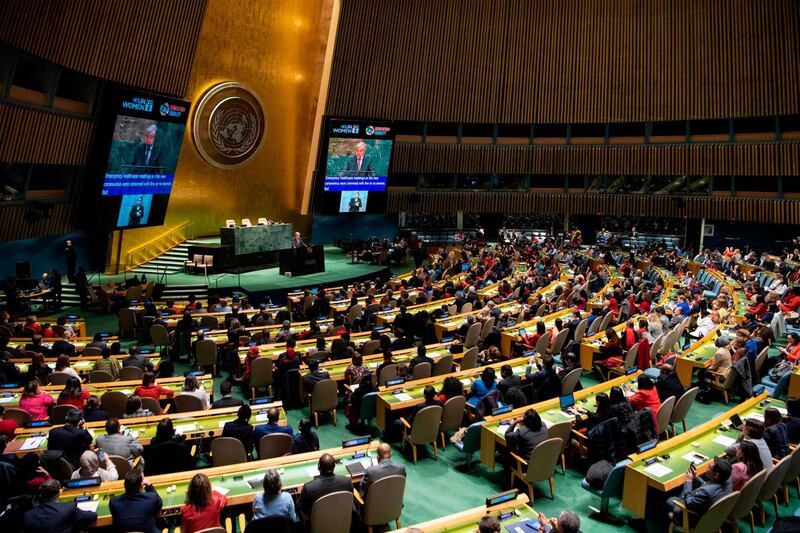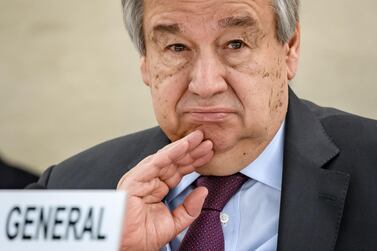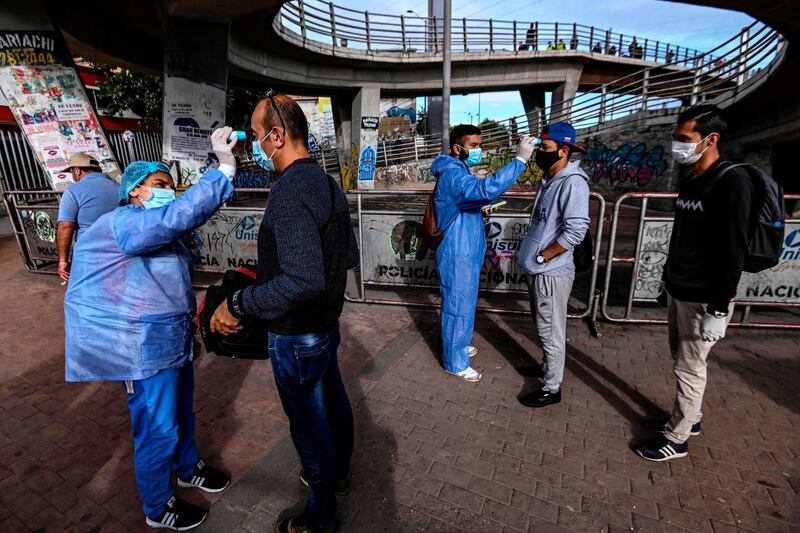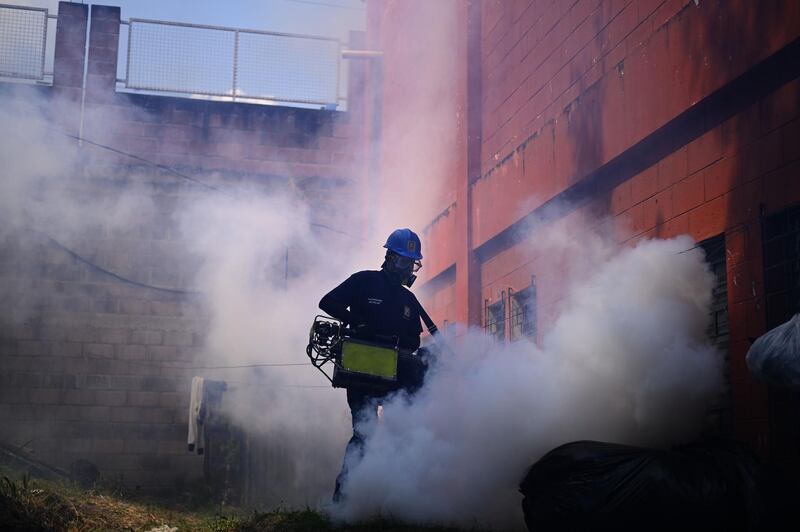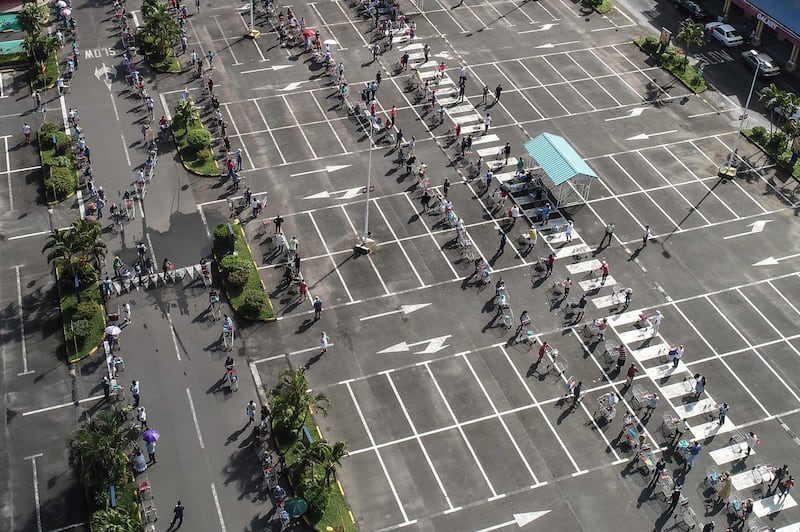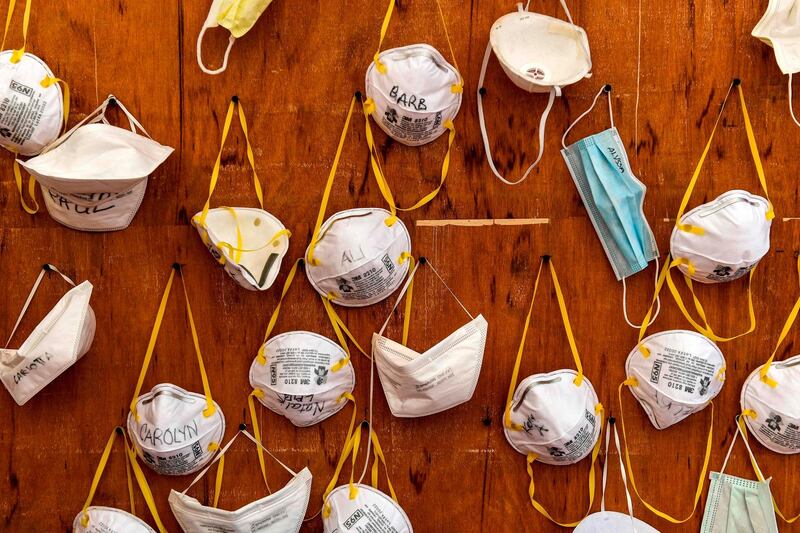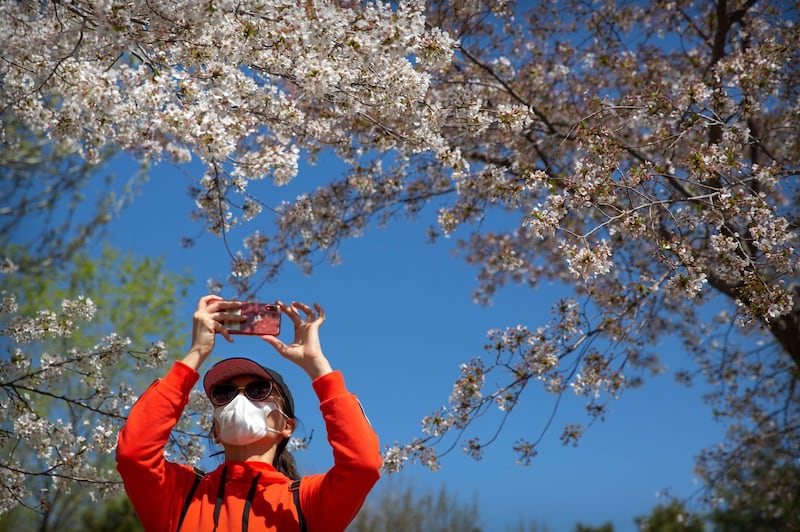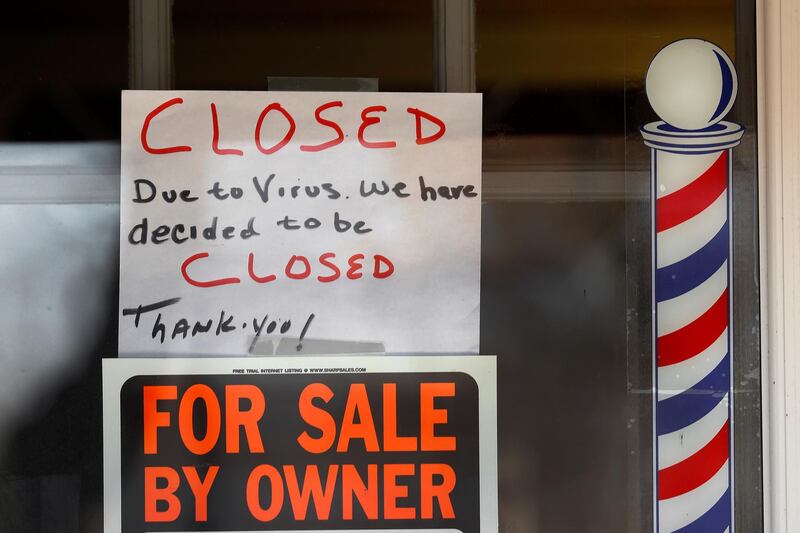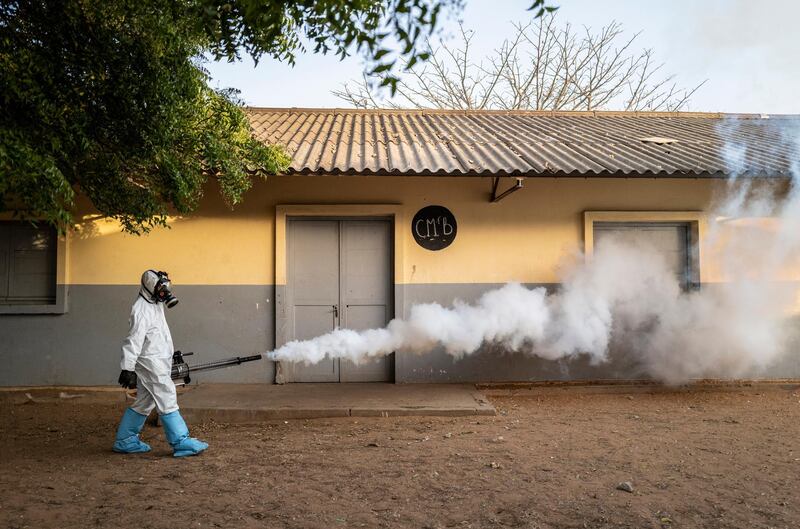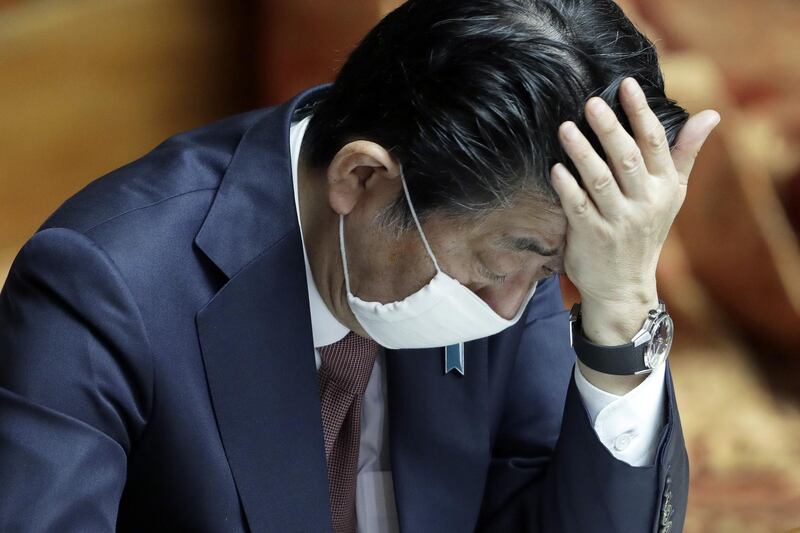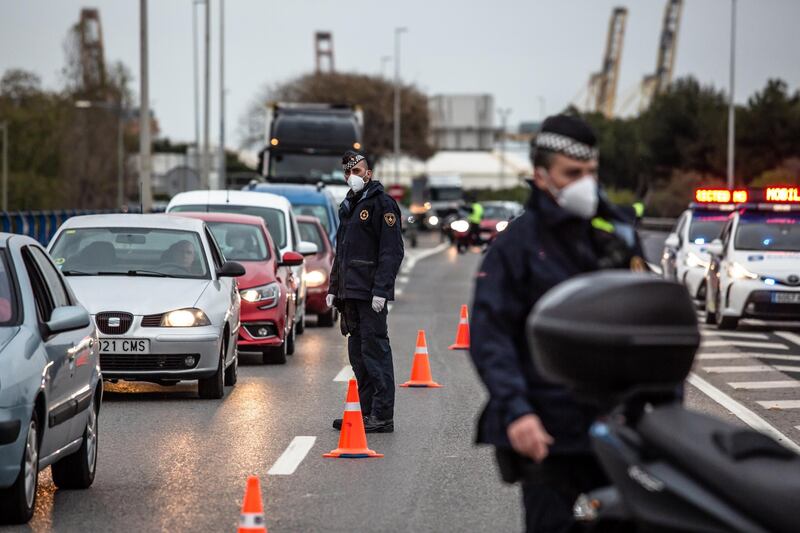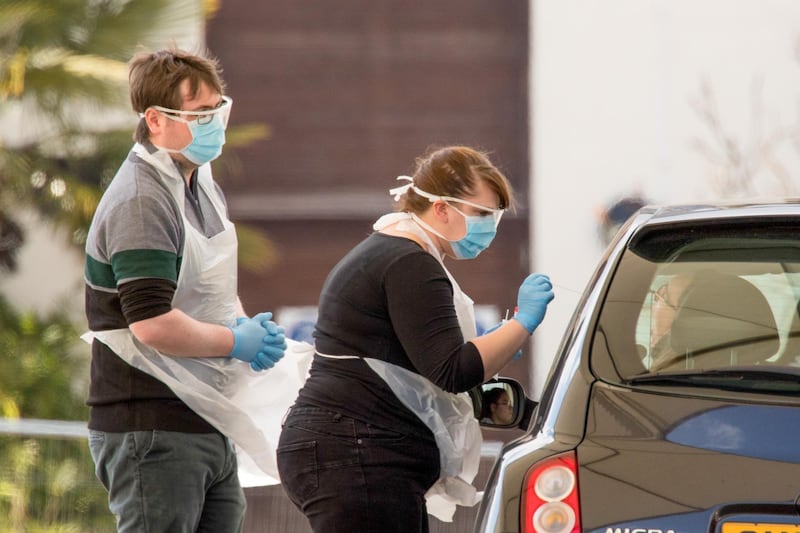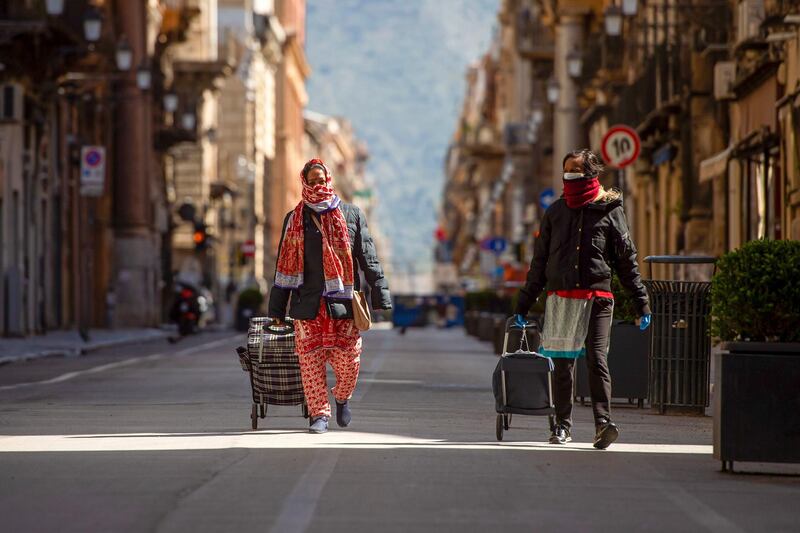UN Secretary-General Antonio Guterres says the United Nations is facing a cash crisis because of non-payment of dues by member states, which has been exacerbated by the coronavirus pandemic.
The UN chief said in a letter to the 193 member nations that unmet payments for regular budget operations have reached $2.27 billion (Dh8.34bn) “and we have no clear indication of when these payments might be received”.
The United States reportedly owes $486.7 million.
“Unpredictable cash inflows, exacerbated by the global crisis posed by the Covid-19 pandemic, seriously threaten” the UN’s ability to do its work, Mr Guterres said in the letter, obtained on Thursday by The Associated Press.
More than one million coronavirus cases worldwide

He announced a temporary hiring freeze and urged all countries to pay their past and present dues and adopt measures to enable the UN to better cope with a cash crisis.
Mr Guterres said the United Nations ended 2019 with arrears of $711m, “the highest level for a decade and a 34 per cent increase on 2018”.
“This high level of arrears is now compounded by a sharp decline in the payment of assessments by member states, which currently stands at 42 per cent compared to 50 per cent by this time in earlier years,” the secretary-general said.
The UN’s annual operating budget for 2020 is nearly $3.1bn, and Mr Guterres said the gap between its planned and actual collections is already more than $220m. He thanked countries that have paid their 2020 assessments, now numbering 77.
Mr Guterres said the separate UN peacekeeping budget is also “facing increasing liquidity pressure, with arrears of some $3.16bn”.
The peacekeeping budget, which runs from July 1, 2019 to June 30, 2020, is $6.6bn.
“The current cash reserves of about $1.4bn are barely sufficient to maintain field operations through the end of June, and do not allow for nearly $1.1bn in payments to troop and police-contributing countries for the March and June quarterly cycles,” Mr Guterres said.
The global body's cash crisis came to light as it passed its first resolution on the Covid-19 crisis, calling on Mr Guterres to lead the mobilisation and co-ordination of a global response to the pandemic “and its adverse social, economic and financial impact on all societies”.
The resolution passed unanimously by the UN General Assembly on Thursday recognised “the unprecedented effects” of the coronavirus and called for “intensified international co-operation to contain, mitigate and defeat” Covid-19.
The assembly did not approve a rival resolution sponsored by Russia calling for UN solidarity in the face of the challenges posed by the new virus and urging an end to trade wars, protectionist practices and unilateral sanctions without UN Security Council approval.
Under new voting rules instituted because the General Assembly is not holding meetings, a resolution is defeated if even a single country objects to it. Normally, assembly resolutions are adopted by majority votes or by consensus
Diplomats said the European Union, United Kingdom, United States and Ukraine objected to the Russian draft, which was co-sponsored by Central African Republic, Cuba, Nicaragua and Venezuela.
Airline industry takes massive hit

General Assembly President Tijjani Muhammad-Bande sent a letter to member nations late on Thursday saying that although an extension for objections to the Russian draft had been granted until April 7, “subsequent consultations with several delegations clearly indicated that further time will not facilitate the resolution of the differences expressed”. Therefore, he said, the time for objections “has come to an end, effective immediately”, and the resolution remains defeated.
Mr Muhammad-Bande sent a letter earlier on Thursday evening informing all UN member nations that there were no objections to the other resolution, titled “Global solidarity to fight the coronavirus disease” and sponsored by Ghana, Indonesia, Liechtenstein, Norway, Singapore and Switzerland. He said it was approved and is in effect.
The resolution reaffirms the General Assembly’s “commitment to international co-operation and multilateralism and its strong support for the central role of the United Nations system in the global response to the coronavirus disease 2019 (Covid-19) pandemic”.
The resolution recognises Covid-19’s “severe disruption to societies and economies, as well as to global travel and commerce, and the devastating impact on the livelihood of people”, and stresses that “the poorest and most vulnerable are the hardest hit” and must be helped.
The resolution also emphasises the need to respect human rights and oppose “any form of discrimination, racism and xenophobia in the response to the pandemic”.
The 15-member Security Council is expected to discuss the pandemic sometime next week. It is likely to have two resolutions to consider, one backed by the council’s 10 elected members and the other by permanent member France.
